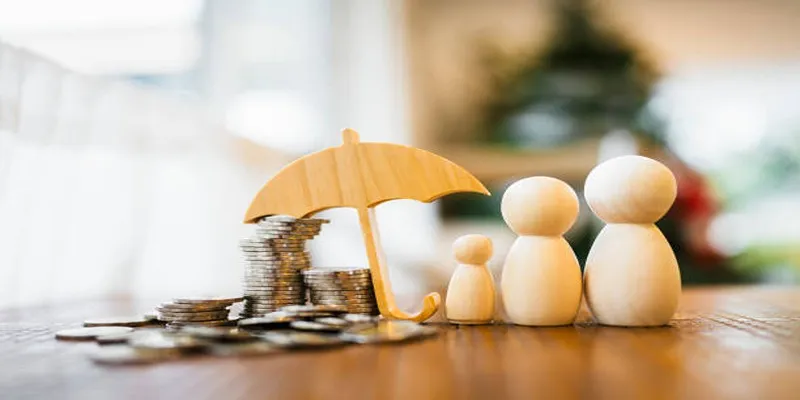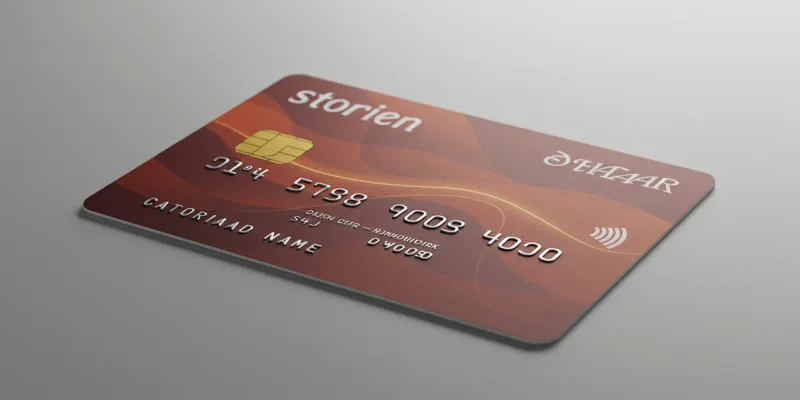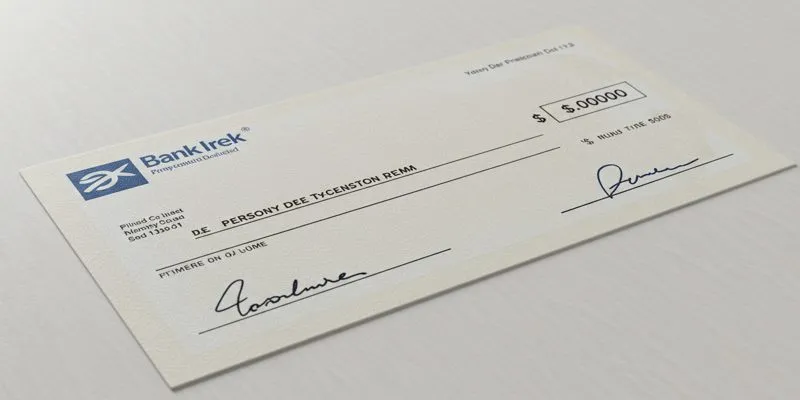Staying Secure: Strategies to Prevent Cashier’s Check Fraud
When it comes to financial transactions, a cashier’s check can seem like a safe choice. However, fraudsters have found ways to exploit them, leaving many people facing substantial losses. This guide aims to help you understand and avoid cashier’s check fraud. You’ll learn what warning signs to watch for and what steps to take if you suspect fraud. Our goal is to empower you with the knowledge needed to protect yourself and your finances. Whether you’re buying something big or just trying to manage your money securely, knowing about these scams is essential in today’s world.
What is a Cashier’s Check?

A cashier’s check, also known as an “official check” or “bank check,” is a prepaid instrument issued by a bank. It’s guaranteed by the bank because it withdraws the funds from your account when you purchase one. This makes them ideal for large transactions that require certified funds, such as buying a car or making a down payment on a house.
Differences between Cashier’s Checks and Personal Checks
It’s worth noting that cashier’s checks differ from personal checks in several ways. First, they seem more secure because the issuing bank guarantees the funds. With a personal check, the account-holder may have insufficient funds to honor it. Second, cashier’s checks do not have an expiration period, while personal checks may expire after a certain time. Finally, fees for cashier’s checks are generally higher than those for personal checks.
Types of Cashier’s Check Fraud
There are various types of cashier’s check fraud that scammers use to trick people out of their money. Some common examples include:
Overpayment Scams
In this type of scam, a fraudster will offer to buy an item or service from you and send you a cashier’s check for more than the agreed-upon amount. They will then ask you to wire back the difference or send it back in some other form. The original cashier’s check will turn out to be fake, and by the time your bank notifies you, it will be too late.
False Claims of Winnings
You may receive a letter or email stating that you have won a prize or lottery and are asked to pay taxes or fees with a cashier’s check before receiving your winnings. This is usually a ploy to get your money without ever giving you any winnings.
Secret Shopper Scams
In this scam, someone will offer to send you a cashier’s check and ask you to buy items or services as a secret shopper. They may ask you to wire the remaining funds back to them or another person. The original check will be fake, and you will end up losing your own money in addition to any purchases made.
Identifying Fake Cashier’s Checks
It can be challenging to spot a fake cashier’s check, as they are often very convincing. However, there are some warning signs you can look out for:
- Errors and inconsistencies: Check the spelling, grammar, and formatting on the check. Genuine checks are typically error-free and have consistent font styles.
- Missing information: A legitimate cashier’s check will have your name and address pre-printed on it. If this information is missing or incorrect, it could be a red flag.
- Unusual circumstances: Be wary of receiving a cashier’s check from someone you don’t know or haven’t done business with before. Also, if the amount seems too good to be true or if you are asked to send back money, it could be a scam.
- Check the bank: Verify the issuing bank by calling them directly or visiting their website. Fraudsters often use fake banks or alter the names of real ones on counterfeit checks.
What to Do if You Suspect Fraud
If you believe you have received a fake cashier’s check or have been involved in a scam, here are some steps you should take immediately:
- Don’t cash the check: If possible, take the check and any related documents to your bank for verification before depositing it. They will be able to tell you if it is genuine or not.
- Report it to authorities: Contact your local police department and file a report. This will help law enforcement track the scammer and potentially prevent others from falling victim.
- Notify the issuing bank: If you have confirmed that the check is fake, contact the issuing bank and inform them of the fraud. They can take steps to stop payment on the check and investigate further.
- Stay vigilant: Be cautious when dealing with any financial transactions in the future, especially if they involve cashier’s checks. Trust your instincts and don’t be afraid to ask questions or do additional research before moving forward.
Steps to Protect Yourself
While there is no foolproof method to avoid cashier’s check fraud, there are some steps you can take to protect yourself:
- Do your research: Before accepting a cashier’s check, make sure you know the person or company issuing it. If possible, verify their identity and legitimacy before agreeing to any transactions.
- Be cautious online: Be wary of unsolicited emails or messages offering deals that seem too good to be true. Don’t click on links or open attachments from unknown sources.
- Trust your gut: If something feels off about a transaction or deal, trust your instincts and back out if necessary. It’s always better to err on the side of caution.
- Stay informed: Keep up to date on the latest scam tactics and stay vigilant when it comes to your financial transactions. The more you know, the better equipped you will be to protect yourself.
Legal and Financial Implications

Being a victim of cashier’s check fraud can have serious legal and financial implications. If you unknowingly deposit or cash a fake cashier’s check, you could be held liable by your bank for any losses incurred. Additionally, if you are tricked into sending money to a fraudster, it is unlikely that you will be able to recover those funds.
It’s important to always be cautious when dealing with financial transactions involving cashier’s checks. Take the necessary steps to protect yourself and your hard-earned money from potential scams. Remember to stay informed and trust your instincts – when in doubt, don’t hesitate to seek professional advice or assistance.
Conclusion
Being vigilant against cashier’s check fraud is essential for safeguarding your finances. These scams are designed to exploit trust and can lead to severe financial losses if not identified early. By educating yourself on the varying types of scams and learning to recognize the signs of fraudulent checks, you can protect yourself from these deceitful tactics. Always verify the authenticity of a cashier’s check before proceeding with any transaction, and don’t hesitate to report suspicious activities to the authorities. Remember, staying informed and cautious can help you maintain financial security in an increasingly complex digital age.







